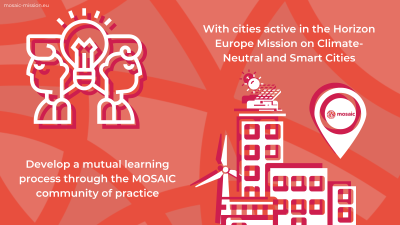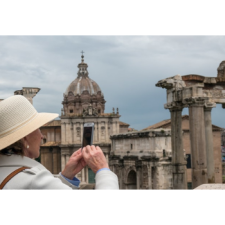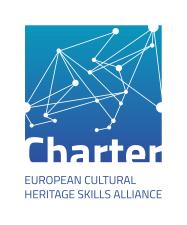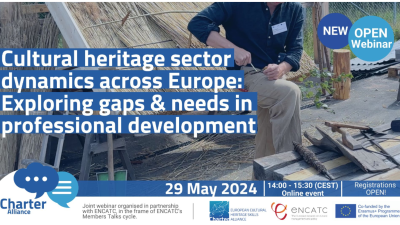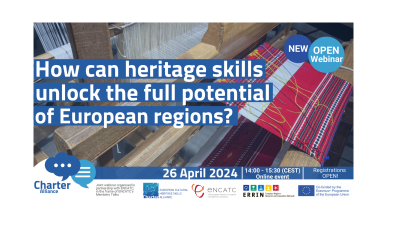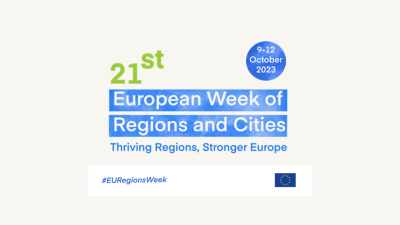
Region Västra Götaland, home to 49 municipalities and 1.7 million inhabitants, is responsible for medical care, public transport, and regional development, in addition to providing access to culture, and fostering growth and sustainable development. We work to increase our regional attractiveness and competitiveness by collaborating on many levels with our 49 municipalities, academia, the private sector, and other public and international organisations.
Contact detail
-
Head of office
-
Contact person
-
Brussels Office Address
Rue du Luxembourg 3
1000 Brussels
Belgium
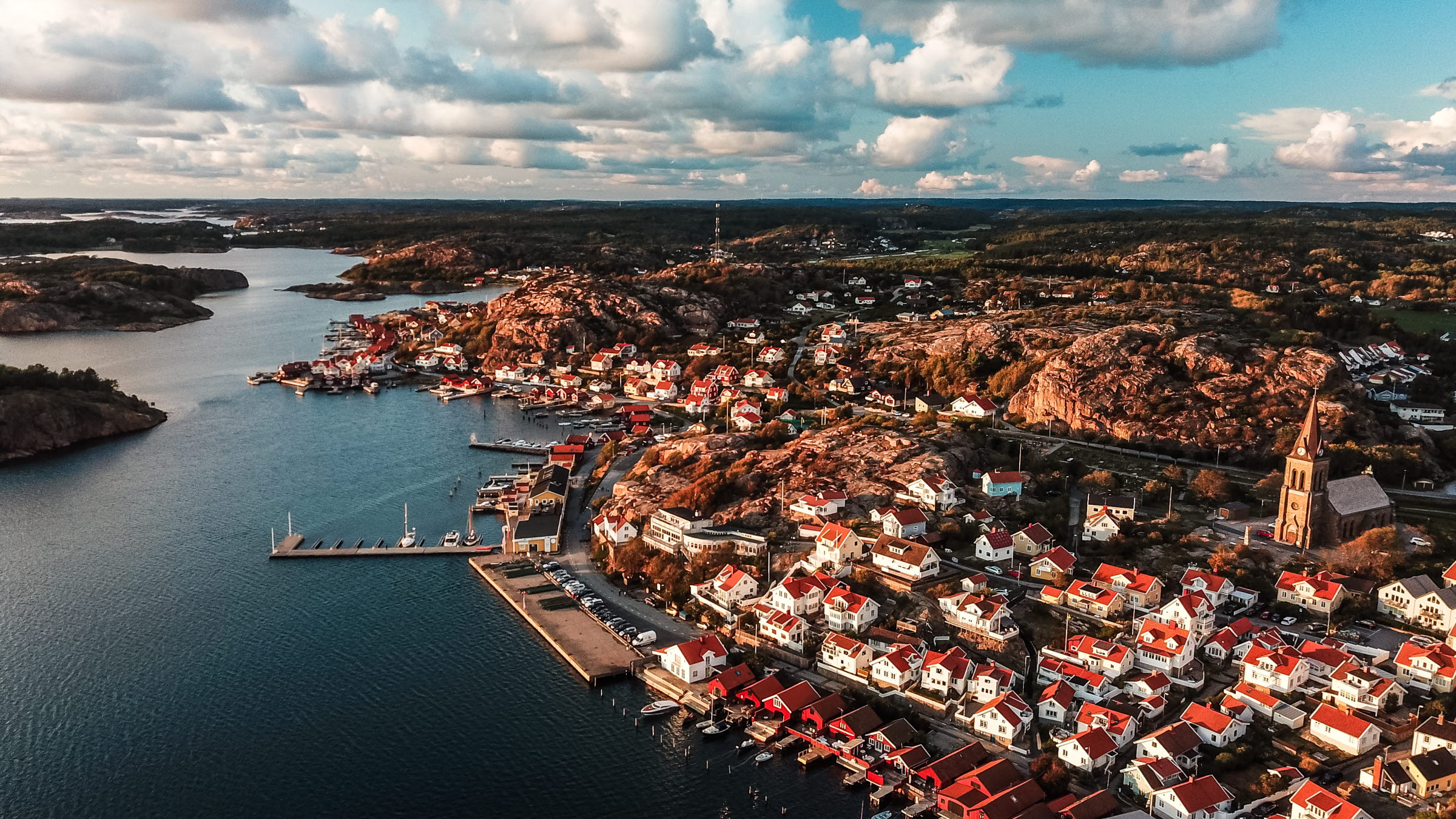
S3 Strategy
Västra Götaland is a European innovation leader, with a long tradition of being a forerunner in technical development and a strong industrial base. The region is home to several large industries such as Volvo Cars, Volvo Group, SKF and Astra Zeneca, and provide a well-established infrastructure for innovation with its five universities, six science parks, eight incubators and one third of all Swedish test beds. As much as 25 percent of Sweden’s R&I investments are invested in Västra Götaland and we are an active partner in the EU with a track record of many successful R&I projects. Region Västra Götaland’s programme Strengthening the innovation potential 2022-2025 is also the regional strategy for smart specialisation (S3). The strategy points out five focus areas: 1) Sustainable Industry, 2) Health and Life Science, 3) Food, Bio-based Materials and Renewable Energy, 4) Sustainable Mobility and Transport, 5) Tourism and Culture and Creative Industries.
Latest Updates
- By Hilary Webb
ERRIN members preparing for Cities Mission co-creation activities with MOSAIC
Last month, ERRIN’s project MOSAIC ran an open call to find cities and regions preparing for the Mission on Climate-Neutral and Smart Cities, interested in collaborating with MOSAIC on their citizen engagement activities. ERRIN is pleased to share that 14 ERRIN members are being engaged under this initiative.
- By Agnieszka Wieczorek Jetha
Be.CULTOUR project – Beyond Cultural Tourism
Be.CULTOUR is one of ERRIN’s new projects led by the Italian Institute for Research on Innovation and Services for Development. It will mobilise five ERRIN members from the Cultural Heritage and Tourism Working Group to offer real-life settings to co-create and test human-centred innovations for circular cultural tourism.
- By Agnieszka Wieczorek Jetha
ERRIN as a part of a blueprint alliance – the CHARTER project
ERRIN is part of the successful CHARTER consortium led by the University of Barcelona to develop sectoral skills, funded by the Erasmus+ programme. As part of the consortium, ERRIN also involves five members of the Cultural Heritage and Tourism Working Group to take part in the project’s regional activities.
- By Astrid Hannes
CHARTER Webinar: Cultural Heritage Sector Dynamics across Europe: exploring gaps and needs in professional development
The CHARTER EU Skills Alliance for Cultural Heritage, one of ERRIN's projects, is organising a webinar on 29 May to present the project's findings on the sector's integrated dynamics and examine relevant stakeholders in the heritage sector. It will also allow participants to get insights into the process of mapping the cultural heritage sector in terms of skills and needs shortages in educational and professional contexts. The speakers will also present future scenarios and solutions.
- By Astrid Hannes
How can heritage skills unlock the full potential of European regions?
In this online webinar, the CHARTER project will explore how heritage skills can unlock the potential of European regions. It will present the findings of six regional case studies on regional cultural heritage ecosystems, five coming from ERRIN members, showcasing how to better align the education and training offer with the labour market needs to equip future-ready skills and traditional heritage skills. The webinar will take place on 26 April from 14:00-15:00.
- By Saga Barnard
EWRC: Securing the inclusive skills of tomorrow
As part of EWRC, three local projects from Oslo, Gothenburg and Madrid on the importance of approaching the green transition through inclusive skills development will be presented. The three projects focus on socially inclusive development of skills from different angles. This session will take place on 11 October from 09:30-10:30.
